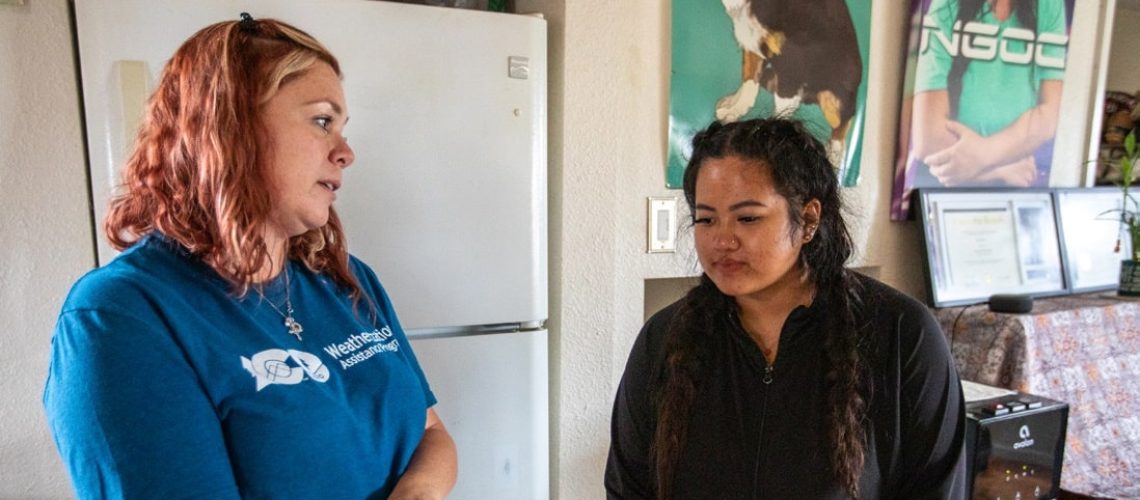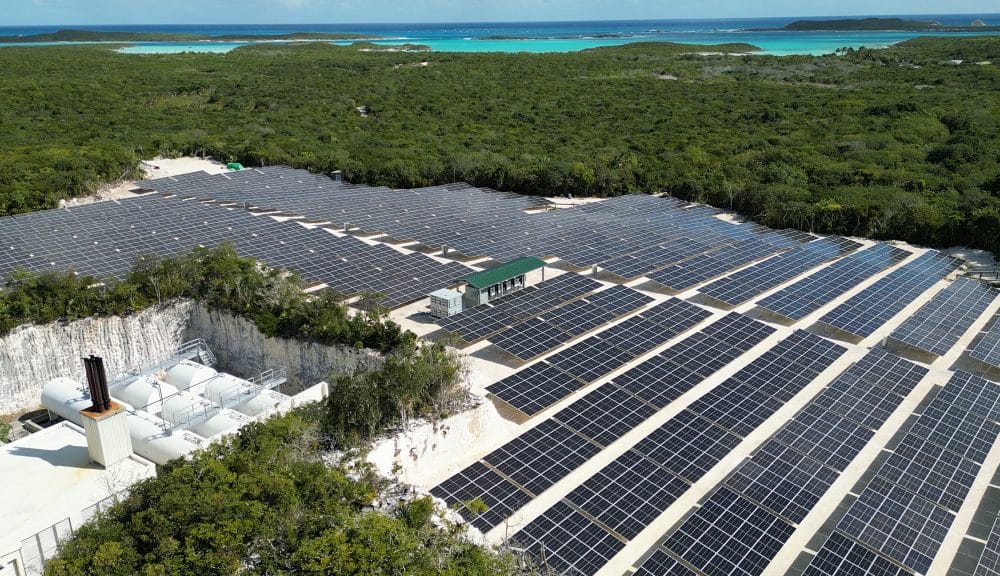The Energy Audit Training program is intended to help states upskill their workforce to ensure that buildings transitioning to renewable methods of energy production meet industry standards.
The Department of Energy (DOE) is now accepting applications for competitive grants to help states train a workforce to conduct energy audits of commercial and residential buildings. The Energy Auditor Training Program (EAT) will award up to $40 million in total to qualifying applicants.
EAT augments a broader effort by the DOE to invest in a clean energy workforce that implements the $8.8 billion Home Energy Rebate Programs, among other initiatives intended to help residents, businesses, states, and local governments save money as they work to reduce greenhouse gas emissions.
The Home Energy Rebate Programs include two incentives geared toward reducing the costs of renewable electricity generation and any infrastructure or equipment necessary to improve energy efficiency in non-commercial residences.
The Home Efficiency Rebates will be awarded to state energy offices to provide discounts for those implementing energy-saving retrofits in single and multi-family buildings. Recipients can receive up to $4.3 billion through grants remaining available until September 2031. The Home Electrification and Appliance Rebates are intended to help state energy offices and tribal entities scale a practical home electrifying rebate program. This fund has about $4.5 billion available for use through September 2031. The DOE states that $225 million is allocated for Tribes.
The DOE estimates that these rebates could save residential buildings about $1 billion on energy bills annually while creating more than 50,000 jobs. Last year it released a jobs report that showed that the clean energy workforce outpaced the growth rate of the overall U.S. workforce.
The EAT program supports the Justice40 Initiative, as EAT’s short-term goals include closing job access gaps to increase a diverse talent pool. In the long term, the training program intends to continuously update its industry-standard auditor certification course to better cater to a broader audience with varying skills for improved job quality and, thus, diversity.
The lack of a skilled workforce has been cited as one of the challenges to the build-out of renewable energy in the United States, which is the impetus behind the many federal initiatives launched since the passage of the IRA. For example, the DOE’s registered apprenticeship (RA) programs help individuals gain training in the solar and storage industry while on the job. RA initiatives also help organizations receive more tax credits or deductions in the long run, per the IRA’s registered apprenticeships and prevailing wage standards.
The DOE’s Office of State and Community Energy Programs is managing the implementation of these initiatives. It works with state and local entities to accelerate the deployment of clean energy infrastructure on all levels.
To register for the EAT funding opportunity, applicants should submit a Community Benefits Plan with their application. The proposal should describe how it will support local community and labor, invest in the workforce, advance diversity, equity inclusion, accessibility, and further economic and environmental justice programs.
The deadline for submitting concept papers is March 28, 2024, at 11:59 p.m. ET, and applications are due on June 28, 2024, at 11:59 p.m. ET.
For more information, please visit the Energy Auditor Training Program page.




